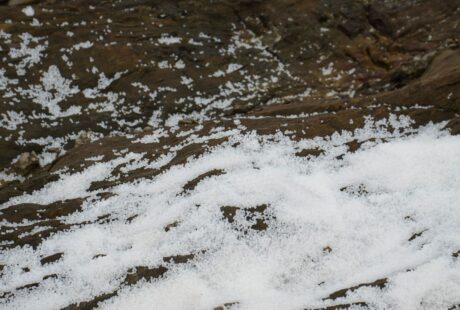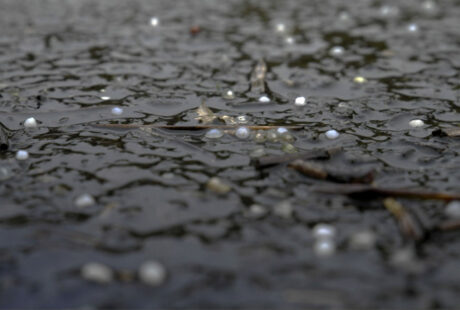Every year, up to 160,000 tonnes of plastic microbeads are lost in the environment in Europe alone. Most end up in the ocean and can be found on every coast and beach throughout Europe. A major part of these plastic microbeads will end up in the Ocean and can cause detrimental harm to many aquatic ecosystems. Pellet loss is mainly the result of a lack of binding measures for the petrochemical industry.
What are those pellets made for?
Basically everything. Pellets are the raw materials for all our plastic products, from your salad bowl to the bumper of your car. The plastic goods we use daily were all pellets at some point. Pellets are manufactured by petrochemical industries before being sent for transformation and distribution. Pellets are melted and molded to become the final product you will find in stores.
How do they end up in nature?
There is a lack of control and legal requirements concerning the global supply chain of pellets. Pellets are transported in plastic big bags by millions. All these bags travel by trucks and ships before arriving to manufacturers. At every step of the supply chain, there are risks of pellet spills: during transportation, because of shredded bags, accidents or simply, negligence.
There are many reasons, but a single consequence: the spill of pellets in our environment. Due to the fact that it would cost more to companies to adopt better practices to stop the risk of pellets loss, compared to the cost of a pellet spill clean-up – once again – the environment is paying the heavy burden.
Due to the size of pellets and their very light weight, they easily move with wind and end up in rivers before reaching the Ocean.
As pellets are tiny in size and very light in weight, they easily move with wind and end up in rivers before reaching the Ocean.
Surfrider Europe with the support of Break Free from Plastic highlighted several cases of pellet pollution all over Europe.
European authorities need to urgently act
The Rethink Plastic Alliance coalition – of which Surfrider Europe and Seas at Risk are founding members – call on European institutions to urgently adopt legal measures to regulate the activities of the plastic chain and to ensure that good practices are put into place throughout the entire supply chain to limit and stop pellet pollution:
- Make sure that binding measures are put into place for the manufacturers and distributors to avoid losses across all the value chain from fabrication, transport and transformation.
- Organize controls to evaluate industrials on their practices.
- Ensure controls are carried out on a regular basis to guarantee long-term effectiveness.
Surfrider Foundation Europe, jointly with the Rethink Plastic Alliance, urges European institutions to create an appropriate legal framework to force industrials to take their responsibilities.

Article written by Surfrider, Seas At Risk’s member.
Posted on: 29 April 2022



